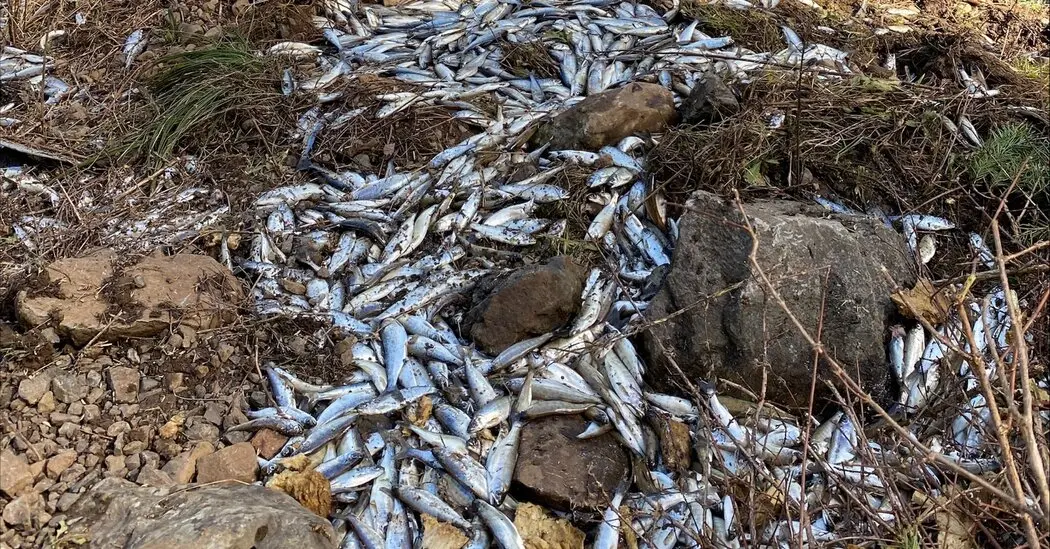- cross-posted to:
- news@lemmy.world
- usa@lemmy.ml
- cross-posted to:
- news@lemmy.world
- usa@lemmy.ml
Local eagle demonstrates amazing weight gain.
“Most” of 100,000 is at least 50,001.
Is it a good thing that a self-sustaining population of salmon now inhabit that creek, or is this going to be an invasive species story next year?
The article states it’s a little over 75,000. It also states that those salmon will then follow the river to the ocean since they are freshly hatched salmon they will be migrating to the ocean, which is what the tanker was transporting them to do anyway
If it were that easy, the hatchery would just do that and save money on trucking.
Don’t salmon swim upstream to spawn? I assume the reason they don’t release them right there is the risk some would stick around and mess up an existing ecosystem.
They were being transported to a specific river for release, so they’d return to that river to spawn. As juviniles they swim downstream and spend 3 years at sea, where food is much more plentiful - any that stick around in the river would die of starvation.
That means these rogue salmon and their descendants are going to keep coming back to the wrong stream.
That’s why I was curious about potential problems with the salmon being released somewhere unintended.
They’re an indigonious species so the effect on the ecosystem is likely to be beneficial in the long run as they form an important part of the food web for inland animals during their breeding season which should lead to increased biodiversity. The whole purpose of the project is to reinforce their numbers which have been reduced by fishing. The main concern would be disease, but they would have been screened prior to their release so it should be a non-issue.

